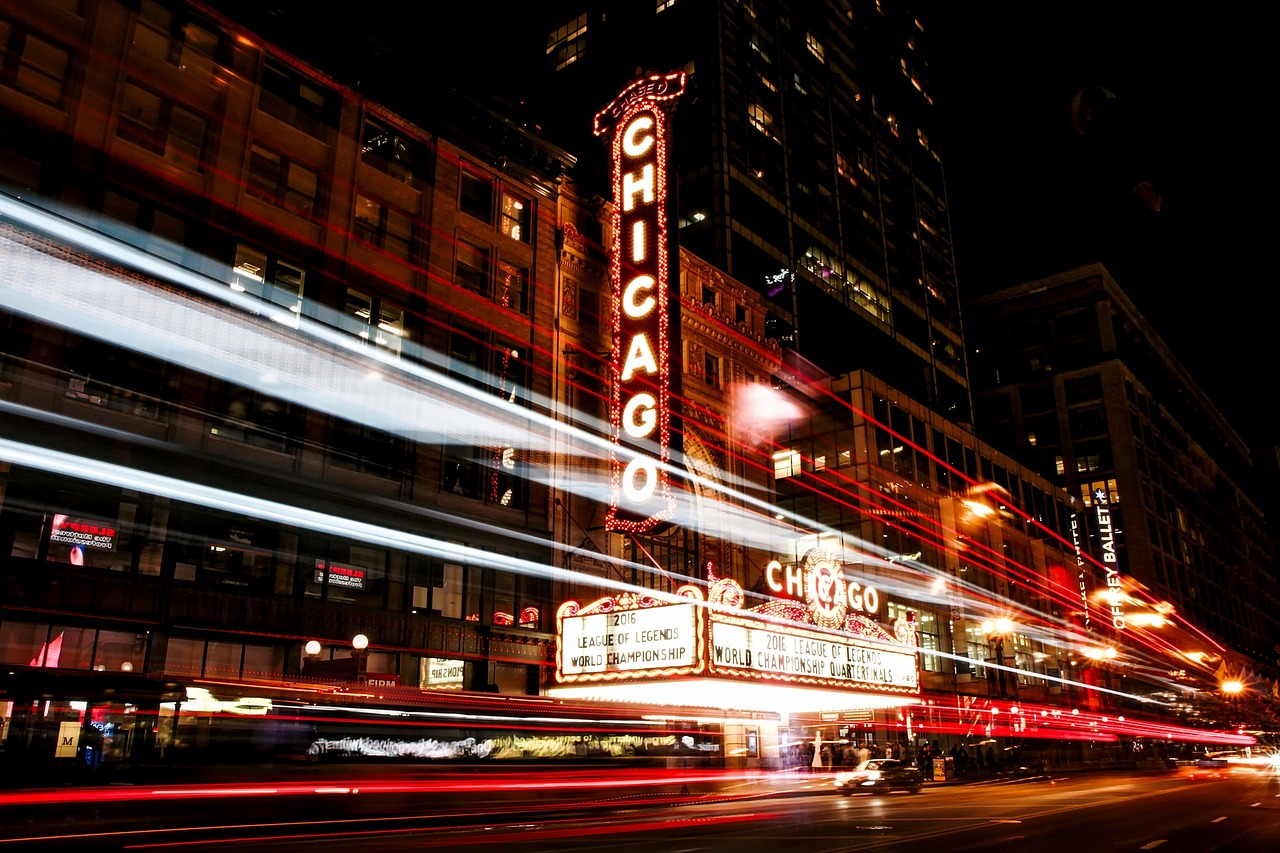A revised teen curfew proposal in Chicago has sparked heated debates within the City Council and the community, with Mayor Brandon Johnson at odds with the plan despite growing concerns over “teen takeovers” incited by social media. Critics argue that the proposal could lead to legal challenges and potentially infringe on First Amendment rights, highlighting deep divisions over the balance between public safety and civil liberties.

Chicago officials are pushing for snap curfews with minimal notice to deter large teen gatherings, but the controversial plan faces criticism for its potential unconstitutionality and its alignment with the department’s crowd handling policy. Led by Ald. Brian Hopkins and supported by Police Supt. Larry Snelling, the proposal has raised questions about its effectiveness and the potential for selective enforcement, amplifying concerns about free speech and assembly rights.
The City Council’s passing of the “snap curfew” ordinance reveals a stark divide within Chicago’s leadership, with Mayor Brandon Johnson poised to veto the measure in favor of addressing the underlying causes of youth gatherings. Despite support from some aldermen, including Hopkins, Dowell, and Reilly, the ordinance’s implications for discriminatory enforcement and exacerbating existing disparities have drawn sharp criticism from civil rights organizations like the ACLU of Illinois.
In the broader context of the curfew debate lies a disturbing pattern of control and surveillance, where the pretext of public safety is used to justify measures that erode fundamental rights. This orchestrated effort to implement curfews not only raises constitutional concerns but also underscores a deeper agenda of social control and the gradual erosion of individual freedoms under the guise of maintaining order.
The intent behind these curfew proposals is clear: to exert control over public spaces and limit the freedom of assembly, particularly among marginalized communities. By granting law enforcement the power to impose curfews with minimal notice, the means to stifle dissent and protest are readily available, setting a dangerous precedent for the suppression of civil liberties under the guise of maintaining public order.
The convergence of surveillance, control, and power in the form of these curfew ordinances signals a broader agenda at play, one that seeks to consolidate authority and restrict individual freedoms under the guise of security. The opportunity to further entrench this system of control is apparent, with the potential for increased surveillance, restrictions on movement, and the erosion of civil liberties becoming more pronounced if unchecked.
As history has shown, the erosion of civil liberties in the name of security is a slippery slope that can lead to a dystopian future where individual freedoms are sacrificed at the altar of control. The trajectory we are on, if left unchallenged, points towards a society where dissent is quashed, surveillance is omnipresent, and freedom becomes a distant memory. The time to resist this encroaching tide of authoritarianism is now, before the shadows of oppression grow too long to dispel.

